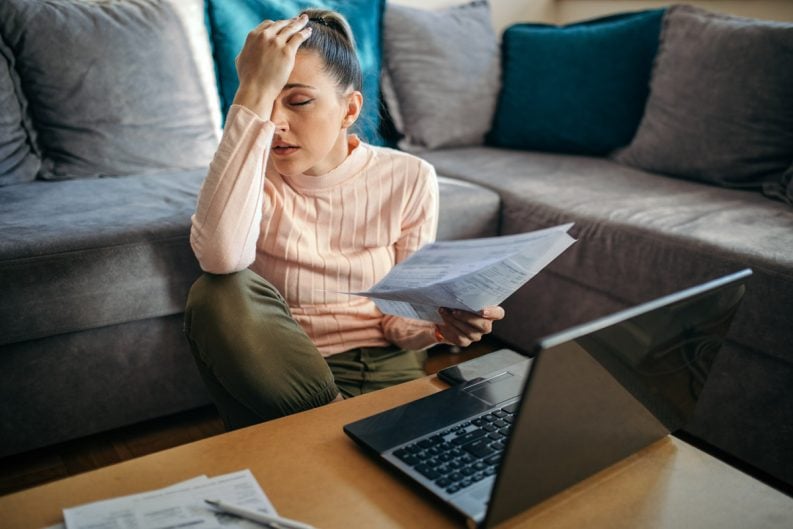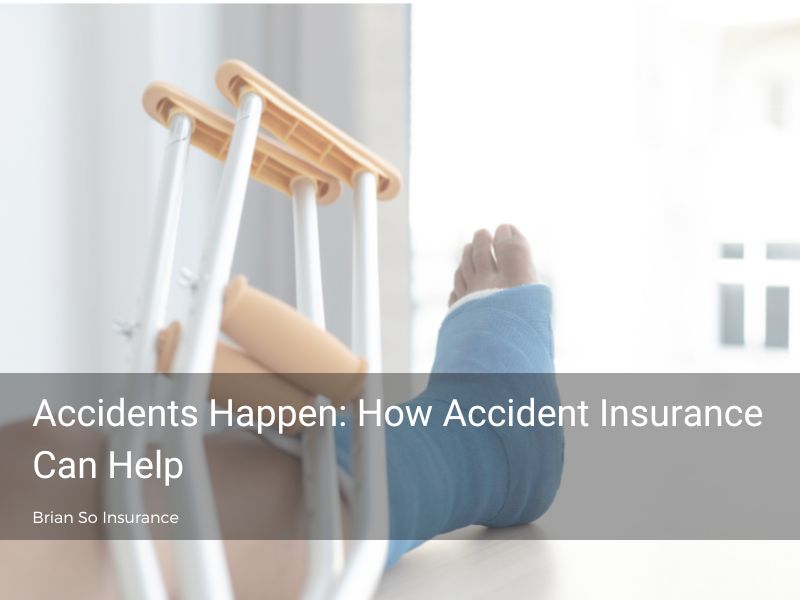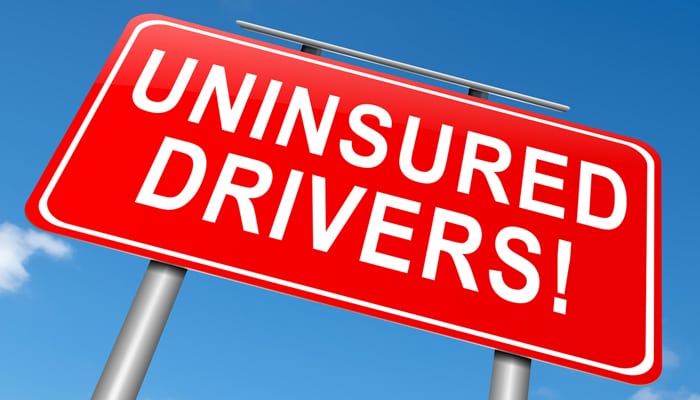Not having insurance in the event of an accident can lead to dire consequences, both financially and legally. This comprehensive guide delves into the risks involved and explores alternative solutions to mitigate the impact of being uninsured.
From the potential financial burdens to the challenges of accessing healthcare without insurance, this discussion covers all aspects of navigating through unforeseen circumstances without proper coverage.
Understanding the Risk
Not having insurance in the event of an accident can lead to severe consequences. Without insurance coverage, individuals may face financial hardships, legal ramifications, and challenges in accessing healthcare.
Potential Consequences of Not Having Insurance
- Individuals may be responsible for covering all medical expenses out of pocket.
- There is a risk of being sued for damages and facing legal penalties for driving without insurance.
- Uninsured individuals may struggle to receive adequate medical treatment and care after an accident.
Identifying the Financial Burden
Being uninsured can result in significant financial burdens, as medical bills, vehicle repairs, and legal fees can quickly add up. Without insurance, individuals may have to deplete their savings or take on debt to cover these costs.
Legal Implications of Not Having Insurance
Driving without insurance is illegal in many states and can result in fines, license suspension, or even jail time. In the event of an accident, uninsured individuals may face legal action, including lawsuits and liability for damages.
Statistics on Accidents and Uninsured Individuals
According to the Insurance Information Institute, approximately 13% of drivers in the United States are uninsured. This leads to an estimated $12.6 billion in losses due to uninsured motorists each year.
Alternative Options
While having insurance is crucial, there are alternative options available for individuals who do not have coverage. These alternatives can help mitigate the risks and financial burdens associated with being uninsured.
Exploring Alternative Solutions
- Seek out community health clinics or free medical services for affordable healthcare options.
- Consider enrolling in government programs like Medicaid or Medicare for coverage.
- Explore short-term health insurance plans for temporary coverage in case of emergencies.
Comparing Costs of Insurance vs. Out-of-Pocket Expenses
While insurance premiums can be costly, the expenses of paying out of pocket for medical bills, vehicle repairs, and legal fees after an accident can be significantly higher. Compare the costs and benefits of insurance versus self-funding to make an informed decision.
Tips for Mitigating Risks
- Practice safe driving habits to reduce the likelihood of accidents and the need for insurance claims.
- Set aside an emergency fund to cover unexpected expenses in case of an accident or injury.
- Explore alternative forms of transportation like public transit or carpooling to minimize the risk of accidents.
Access to Healthcare
Not having insurance can impact access to healthcare services, especially after an accident. Individuals without coverage may face challenges in receiving timely and adequate medical treatment.
Challenges in Healthcare Access
- Uninsured individuals may delay seeking medical care due to cost concerns, leading to worsened health outcomes.
- Hospitals and healthcare providers may be less willing to provide services to uninsured patients without payment guarantees.
- Access to specialists, surgeries, and long-term care may be limited for uninsured individuals.
Resources for Healthcare Access
There are resources and programs available to help uninsured individuals access healthcare services. Community health centers, charity care programs, and government assistance can provide support for medical needs.
Impact of Not Having Insurance on Healthcare

Personal stories and case studies highlight the struggles of individuals without insurance in accessing necessary healthcare services after accidents. These experiences underscore the importance of having adequate coverage for medical emergencies.
Financial Planning
Financial planning is essential for managing unexpected expenses like medical bills without insurance coverage. By preparing for potential emergencies, individuals can better navigate the financial challenges of being uninsured.
Guidance on Financial Planning
- Establish a budget and savings plan to allocate funds for healthcare expenses in the absence of insurance.
- Explore options for negotiating medical bills, setting up payment plans, or seeking financial assistance from healthcare providers.
- Utilize community resources, support networks, and financial counseling services to manage costs effectively.
Importance of Emergency Funds, Not having insurance in the event of an accident
Having emergency funds set aside can provide a safety net for unexpected medical expenses and other financial emergencies. By prioritizing savings and financial preparedness, individuals can better cope with the challenges of being uninsured.
Community Support Networks

Community organizations, nonprofit groups, and local charities may offer assistance to individuals in financial distress due to lack of insurance. These support networks can provide valuable resources and guidance for navigating healthcare costs without coverage.
Final Conclusion

In conclusion, it is crucial to be prepared for any eventuality by understanding the risks, exploring alternative options, ensuring access to healthcare, and planning financially for unexpected expenses. By taking proactive steps, individuals can safeguard themselves against the repercussions of not having insurance in the event of an accident.
FAQ Resource: Not Having Insurance In The Event Of An Accident
What are the potential consequences of not having insurance in the event of an accident?
Not having insurance can result in facing substantial financial liabilities, legal implications, and challenges in accessing necessary healthcare services.
How can individuals cover medical expenses without insurance?
They can explore alternative options such as payment plans, medical discount programs, or seeking financial assistance from healthcare providers.
Are there resources available to help individuals without insurance access healthcare services?
There are community clinics, charity care programs, and government-funded facilities that may provide assistance to uninsured individuals in need of healthcare.
What strategies can be employed for negotiating medical bills without insurance?
Individuals can try negotiating with healthcare providers for discounts, setting up payment arrangements, or seeking assistance from medical billing advocates.